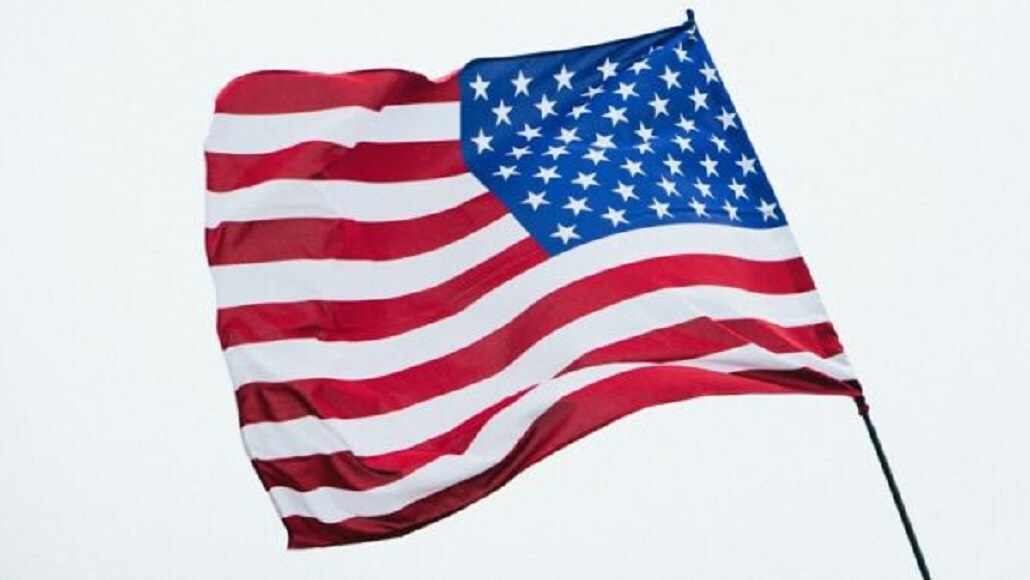The US National Council of Textile Organizations (NCTO) has voiced strong support for a newly proposed US measure that seeks to eliminate the de minimis entry threshold for commercial shipments from all countries by 2027. This proposal, included in the budget reconciliation bill by the US House Ways & Means Committee—the primary tax-drafting body in the House of Representatives—aims to permanently close the de minimis entry privilege for businesses. The reform is a significant step in addressing the challenges posed by the current de minimis policy framework.
Under Section 321 of the Tariff Act of 1930, goods valued at less than $800 can currently enter the US duty- and tax-free. While this provision was terminated for goods originating from China, Hong Kong, and Macau as of 2 May, it continues to apply to imports from other nations. The new provision, however, seeks to repeal the de minimis privilege globally starting 1 July 2027, and represents a broader de minimis policy reform aimed at balancing trade fairness with national security concerns. It also increases penalties for violations of Section 321.
Kim Glas, NCTO president and CEO, praised the move, stating: “On behalf of the US textile industry, we would like to commend the House Ways and Means Committee for including an important and critical provision in the broader budget reconciliation bill that would permanently end de minimis access for commercial shipments from all countries, effective 1 July 2027. The committee is slated to consider and mark up this legislation today. This significant step by chairman Jason Smith (R-MO), Rep. Greg Murphy (R-NC), and the entire committee validates that the destructive de minimis loophole has harmed US textile manufacturing and impeded the fight against illicit fentanyl trafficking and must be permanently closed.”
The legislation retains lower de minimis thresholds specifically for gifts and personal items brought into the country. It also introduces penalties for early misuse of the de minimis provision to bypass US laws, with fines set at $5,000 for first-time violations and $10,000 for repeat offenders.
Glas underscored the urgency for quicker implementation, adding: “As the bill makes its way through the legislative process, we strongly support a more aggressive timeline to implement a permanent ban on de minimis globally given its significant harm to manufacturers, retailers, and the fight against fentanyl and other illegal products. Express shippers have already transitioned to processing all Chinese imports through sophisticated logistics systems, demonstrating their ability to comply with the president’s executive orders and pivot quickly.
“We recognise the committee’s leadership in moving forward with a permanent global solution that will help restore a level playing field for US manufacturers and spur more investment and job growth.”
The de minimis policy reform aims to address long-standing challenges posed by the current loophole, which has been criticized for undermining US manufacturing, facilitating the import of illegal and counterfeit goods, and enabling illicit fentanyl trafficking. With a tighter regulatory framework and stricter penalties in place, the legislation seeks to encourage compliance, foster fair competition, and support domestic industry growth.

































